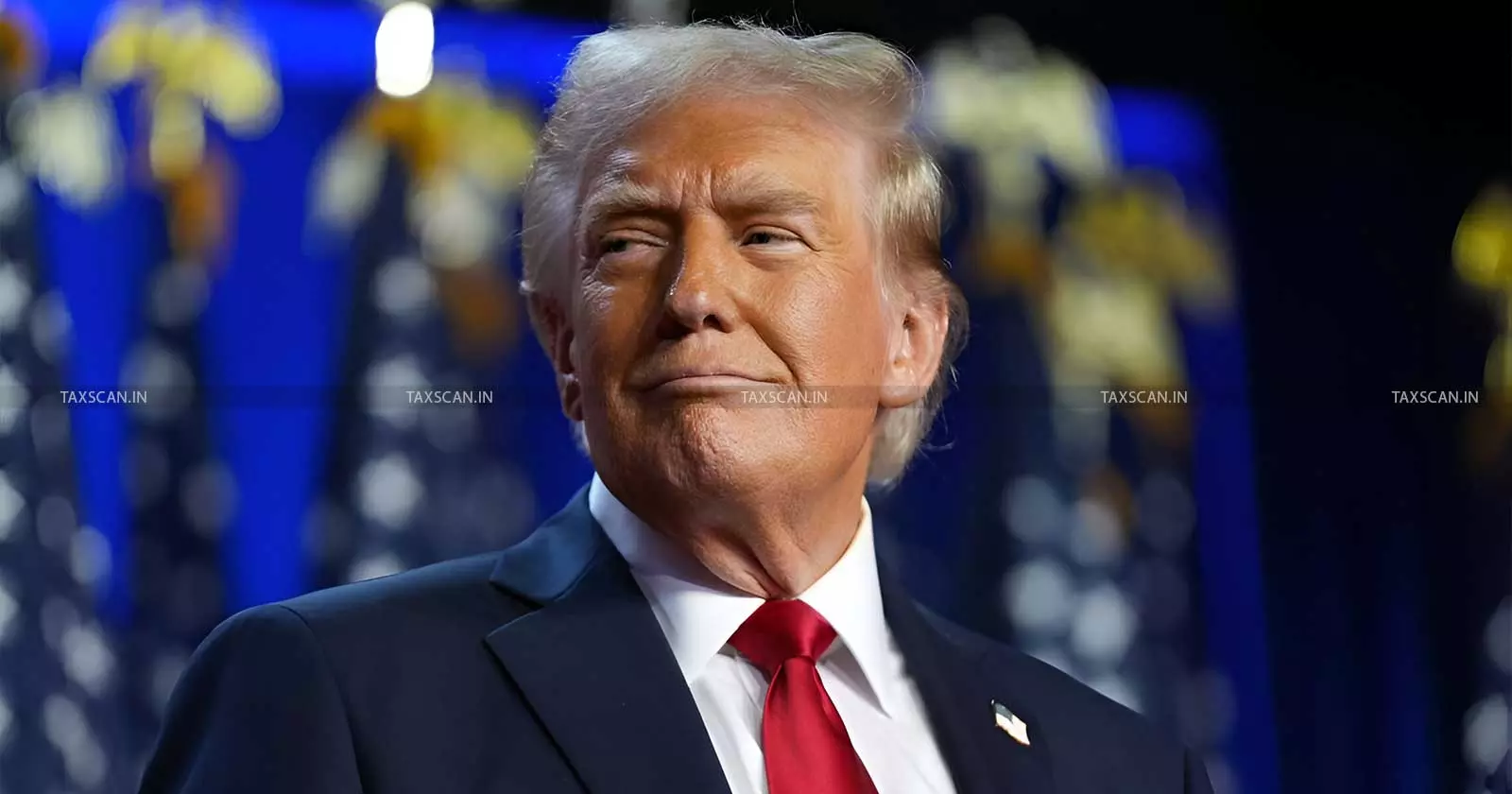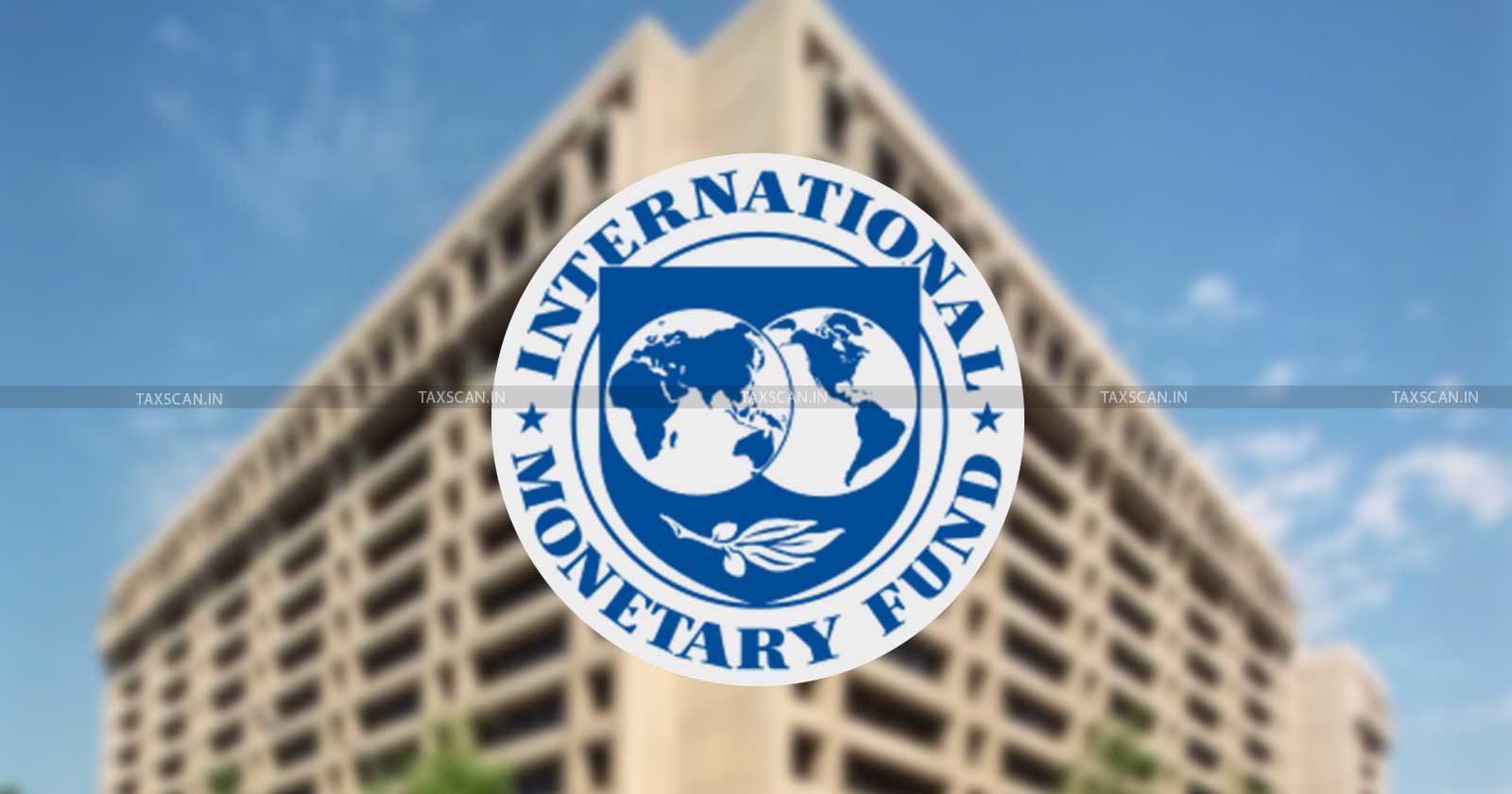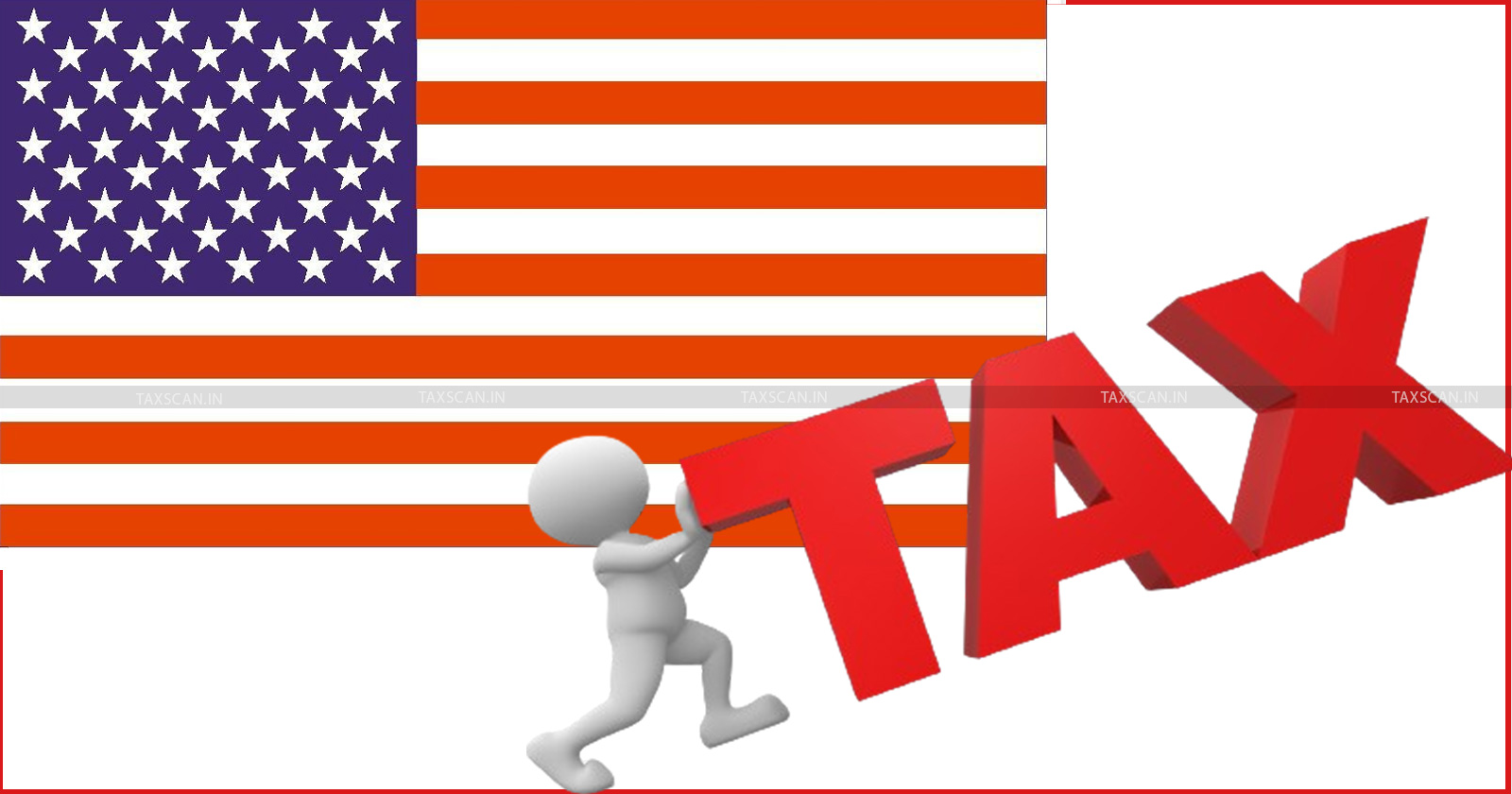Trump Administration Approves $20 Billion US-Argentina Currency Swap: Critics Say Political “Bailout” for Prez. Javier Milei
Analysts, however, caution that while the swap offers temporary breathing room, it does not resolve Argentina’s deeper inflation and fiscal imbalances

The United States Treasury has signed a $20 billion currency-swap agreement with the Central Bank of Argentina, in what officials are calling an “economic stabilisation initiative” to support Buenos Aires’ struggling economic condition.
The move is hailed by some as ‘unprecedented’ in strategy and scale with detractors claiming that the move is a timed one, that has come just days ahead of Argentina’s mid-term elections amidst the pressure on President Javiar Milei with regards to the financial stability of the Latin American country.
United States’ Secretary of the Treasury Scott Bessent told reporters that “Argentina has the tools to defeat speculators and stabilise its economy,” framing the measure as part of Washington’s broader strategy to support “partners committed to reform and market openness.”
According to Reuters, U.S. officials have already purchased limited quantities of Argentine pesos in the open market - which is a move that is virtually unseen in modern American foreign-exchange policy. The intervention is indeed a cushioning for the falling peso and aims to curb speculation against the peso while signaling the U.S. Administration's confidence in an Argentinian government headed by Milei.
Comprehensive Guide of Law and Procedure for Filing of Income Tax Appeals, Click Here
The effects were felt immediately as stocks and bonds in Buenos Aires rose with the peso gaining ground in informal markets.
 Also Read:IMF Approves Release of $350 Million to Sri Lanka: Part of 4-Year, $2.9 Billion Bailout Scheme
Also Read:IMF Approves Release of $350 Million to Sri Lanka: Part of 4-Year, $2.9 Billion Bailout Scheme
Political Timing
The deal’s timing, just days before Argentina’s mid-term elections, has fuelled intense political debate.
Multiple reports from Reuters, Financial Times and Politico indicate that the Trump administration accelerated the final approval of the swap deal ahead of the election in Argentina. President Milei’s administration, closely aligned ideologically with Donald Trump’s economic outlook, is now set to face a critical test of its competence during the elections slated to happen on October 26.
Critics of the move argue that the move politicises U.S. economic diplomacy. “This looks like an election-season favour wrapped in financial packaging,” said one policy analyst quoted by Politico. Lawmakers at Capitol Hill have requested full disclosure of the terms of the swap agreement, including the collateral that has been placed by Argentina in return and the effect that this move would have on the average American taxpayer.
Opposition parties in Argentina have likewise accused Washington of meddling in domestic politics. The U.S. Treasury has denied any political motive behind the move, insisting that the move serves to fulfill market-stabilisation objectives only.
China’s Influence in Latin America
Argentina already maintains a smaller swap line facility with China’s central bank, which is part of Beijing’s effort to expand financial influence in Latin America. By stepping in with a far larger swap facility, Washington appears determined to counter Chinese economic reach and re-assert leadership in the region.
Traditionally, the U.S. has channeled emergency funding to emerging or distressed economies through multilateral bodies such as the International Monetary Fund (IMF) or the World Bank. The direct, bilateral nature of this U.S.-Argentina suggests a change in financial operation methods.
Comprehensive Guide of Law and Procedure for Filing of Income Tax Appeals, Click Here
Criticism and Risks
Inflation in Argentina remains above 100 percent with a fiscal deficit persisting. General confidence in the peso is fragile with economists warning that while the measure may provide in the short term, it does not address Argentina’s chronic structural problems and does not aid long-term stability.
Bessent has suggested that a second facility, involving private U.S. banks and sovereign-wealth investors, is being negotiated to channel another US $20 billion into Argentine debt markets, potentially doubling the total U.S.-linked exposure to $40 billion.
 Also Read:USA HIRE Act: Indian IT Sector Anxious as America May Levy Additional Tax on Companies Outsourcing Employment
Also Read:USA HIRE Act: Indian IT Sector Anxious as America May Levy Additional Tax on Companies Outsourcing Employment
What’s in it for both?
For Argentina, the currency-swap arrangement delivers short-term relief from a liquidity crunch but leaves fundamental reform challenges unresolved. For the United States, the move would establish higher presence and power in the region but at the same time the Trump administration risks entangling fiscal exposure with partisan politics, especially given the proximity of the decision to Argentina’s elections.
Support our journalism by subscribing to Taxscan premium. Follow us on Telegram for quick updates



